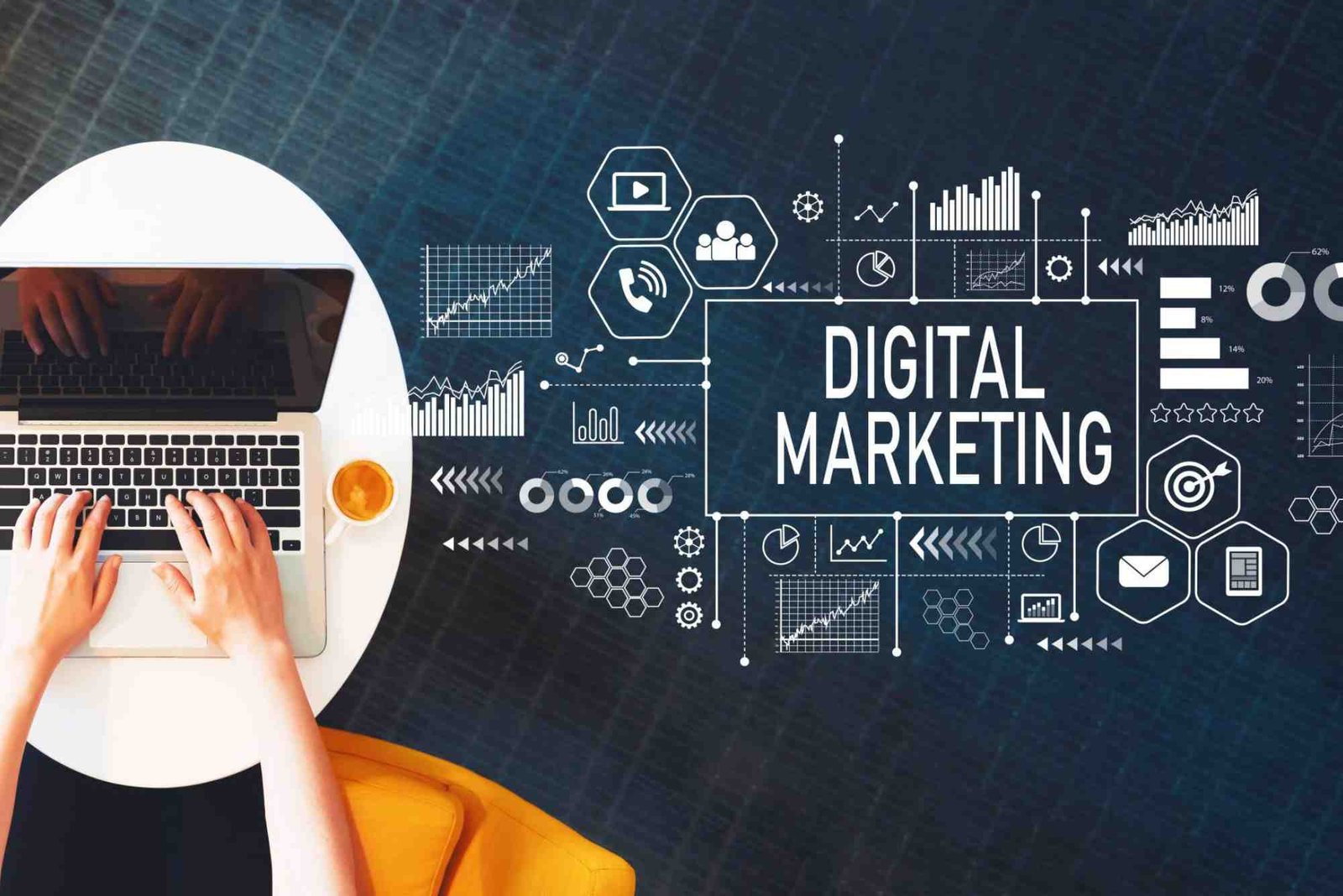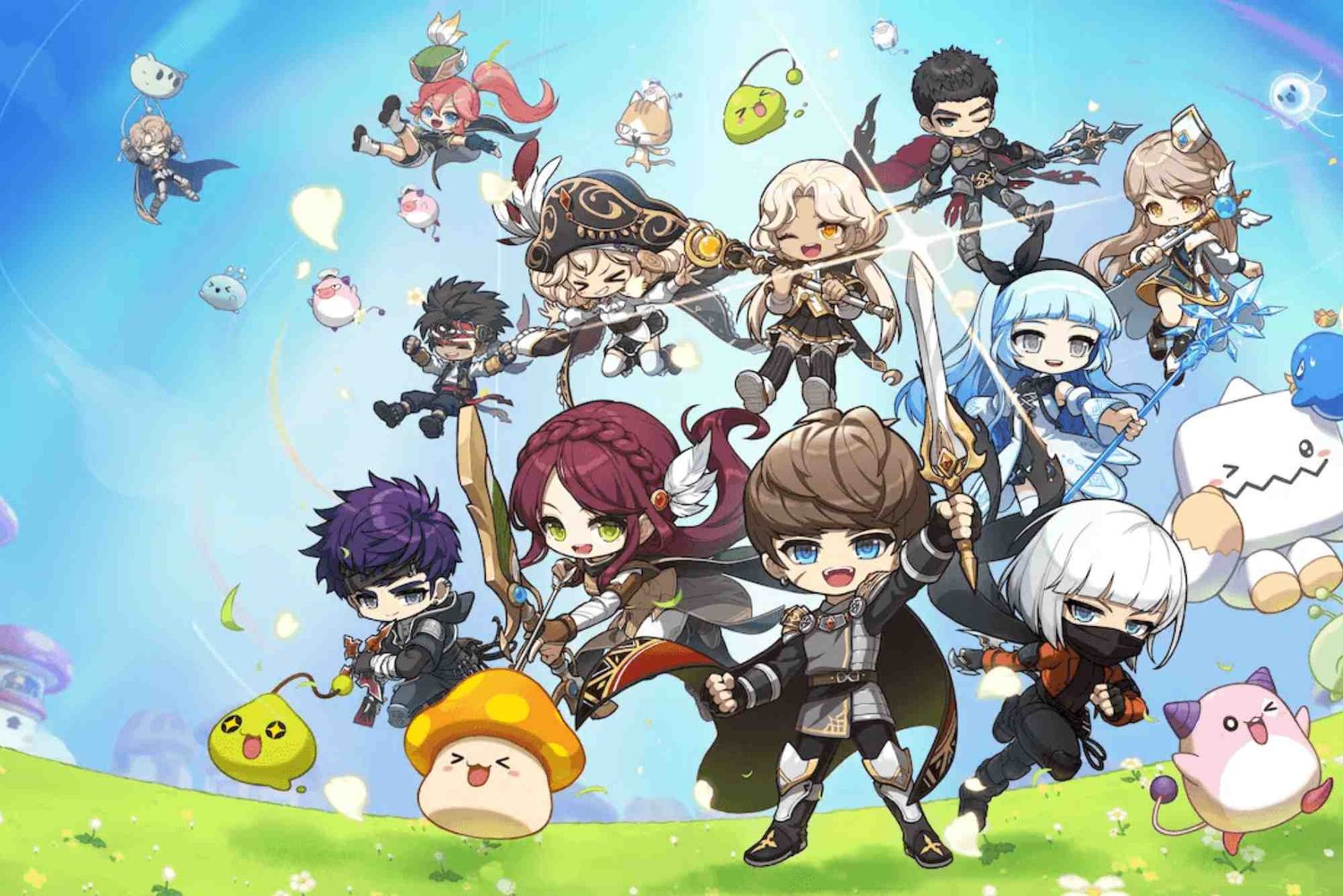Introduction
In today’s connected world, understanding digital and marketing isn’t optional — it’s essential. Every business, from startups to global enterprises, depends on a digital presence to attract customers, build trust, and grow revenue. Yet, many people still confuse digital marketing with traditional marketing or fail to see how both can work together.
This guide will break down what digital and marketing mean, why they matter, and how you can use them effectively to grow your brand. Whether you’re a beginner or exploring a Freelance Digital Marketing career, this article will give you a complete understanding of modern marketing dynamics.
Understanding the Concept of Digital and Marketing
At its core, marketing is about promoting products or services to the right people at the right time. Digital marketing takes that concept online — using the internet, social media, search engines, and email to connect with audiences in measurable ways.
Digital and marketing together form a bridge between creativity and analytics. Traditional marketing builds emotional connections, while digital channels provide real-time data and performance insights.
Digital marketing isn’t just about ads or social media posts. It’s a long-term strategy to build brand visibility, engagement, and loyalty through multiple online touchpoints.
The Importance of Digital Marketing in the Modern Era
Digital marketing has transformed how businesses communicate. Unlike traditional methods such as print or TV ads, digital platforms allow precise targeting, real-time tracking, and cost-effective scaling.
It enables small businesses to compete with large brands by focusing on niche audiences and personalized content. For example, a local bakery can reach thousands of nearby customers through Instagram ads or Google My Business listings without spending heavily on print campaigns.
Moreover, with billions of users spending hours online daily, digital marketing ensures your message appears where your customers are already active.
Key Elements That Define Digital and Marketing
Digital marketing consists of multiple components working together to create a cohesive strategy. Understanding these helps you design better campaigns and measure results effectively.
Search Engine Optimization (SEO)
SEO improves your website’s visibility on search engines like Google. It involves keyword research, on-page optimization, and building quality backlinks. When done right, it helps your brand appear organically to users actively searching for your products or services.
Content Marketing
Content marketing focuses on providing valuable information that attracts and retains your audience. Blogs, videos, infographics, and podcasts are powerful tools that educate and inspire potential customers while positioning your brand as an authority.
Social Media Marketing
Social media marketing uses platforms like Facebook, Instagram, LinkedIn, and TikTok to engage audiences directly. The key lies in storytelling, authenticity, and consistency. Great brands create communities, not just followers.
Email Marketing
Email remains one of the most effective marketing tools. Personalized newsletters, promotional offers, and updates nurture leads and encourage repeat business.
Pay-Per-Click Advertising (PPC)
PPC campaigns — through Google Ads or social media — allow businesses to appear instantly in search results or user feeds. The advantage is measurable ROI and flexible budgeting.
The Connection Between Digital Marketing and Freelancing
The rise of the gig economy has made What Is Freelance work a global trend. Many professionals now specialize in offering Freelance Digital Marketing services to clients worldwide.
Freelancers bring flexibility and innovation to brands that prefer project-based expertise instead of full-time employees. They manage SEO campaigns, create content strategies, and run paid ads, helping businesses scale faster without long-term commitments.
If you’re looking to start in this field, explore Related resource: freelance digital marketing for guidance on building your freelance career effectively.
Digital Marketing Strategies That Drive Real Growth
Successful digital marketing doesn’t rely on luck — it’s about strategy. Combining creativity with data can transform campaigns into predictable growth systems.
Define Clear Goals
Set measurable objectives such as increasing traffic, generating leads, or boosting online sales. Clear goals help you choose the right platforms and content formats.
Understand Your Audience
Use analytics, surveys, and social listening to learn what your customers need. Personalization starts with understanding.
Build a Strong Brand Identity
Consistency in tone, visuals, and messaging builds trust. A recognizable brand stays in customers’ minds long after they’ve left your website.
Use Data to Improve Performance
Digital marketing thrives on insights. Track metrics like conversion rates, click-through rates, and engagement to identify what works.
Combine Organic and Paid Channels
SEO builds long-term growth, while paid ads drive instant results. A balanced approach ensures consistent visibility.
The Evolution of Digital and Marketing Trends
Digital marketing constantly evolves with technology. What worked yesterday might not work tomorrow. Staying updated ensures your brand remains relevant and competitive.
Artificial Intelligence and Automation
AI now powers chatbots, ad targeting, and content recommendations. It saves time while improving personalization.
Video Content Dominance
Video continues to outperform other formats. Platforms like YouTube, Instagram Reels, and TikTok are essential for brand storytelling.
Voice Search Optimization
With the rise of smart speakers, optimizing content for voice search enhances accessibility and brand reach.
Data Privacy and Transparency
Modern consumers value brands that respect their privacy. Clear communication about data use builds trust and loyalty.
Omnichannel Marketing
Customers interact with brands across multiple channels. A seamless experience across web, mobile, and in-store strengthens your reputation.
Challenges in Digital Marketing — And How to Overcome Them
While digital marketing offers opportunities, it also comes with challenges. Algorithms change, competition grows, and audiences evolve.
The best way to stay ahead is through continuous learning and adaptation. Monitor new trends, experiment with content types, and test different strategies. Staying flexible allows your marketing to evolve with the audience’s expectations.
Businesses should also invest in training or hire professionals who understand analytics, content strategy, and conversion optimization. That expertise turns data into decisions.
How to Get Started in Digital and Marketing
Whether you’re a business owner or an aspiring marketer, start small. Choose one or two platforms where your audience spends the most time. Create consistent content and monitor your results.
Enroll in online courses, join marketing communities, and practice SEO basics. Learn to use free tools like Google Analytics, Canva, and Meta Ads Manager. Over time, your skills and confidence will grow.
If you aim to work independently, explore What Is Freelance as a pathway to gain clients, freedom, and diverse experience across industries.
The Future of Digital and Marketing
The future of marketing lies in hyper-personalization and user experience. Brands that adapt quickly to customer preferences will dominate.
Artificial intelligence, augmented reality, and immersive content will redefine how audiences connect with brands. The focus will shift from selling to storytelling — where value, emotion, and authenticity win attention.
To stay ahead, businesses must blend technology with human creativity. Digital tools may automate tasks, but empathy and insight remain irreplaceable.
FAQs About Digital and Marketing
What is the main difference between digital marketing and traditional marketing?
Traditional marketing uses offline methods like TV or print, while digital marketing leverages online channels for interactive and measurable engagement.
Is digital marketing a good career in 2025?
Yes. With businesses shifting online, digital marketing offers vast opportunities for skilled professionals and freelancers.
How long does it take to see results from digital marketing?
Organic results, like SEO, can take 3–6 months, while paid campaigns deliver immediate traffic and conversions.
Can small businesses afford digital marketing?
Absolutely. Digital marketing is scalable — you can start small with social media or local SEO and grow as your business expands.
What skills are needed for digital marketing?
Key skills include SEO, content creation, data analysis, social media management, and paid advertising expertise.
Digital and marketing go hand in hand in shaping a business’s success. From social media to SEO and email campaigns, each component plays a crucial role in connecting you with your audience.
Whether you’re exploring Freelance Digital Marketing or building your brand, the key is consistency, creativity, and adaptability.




